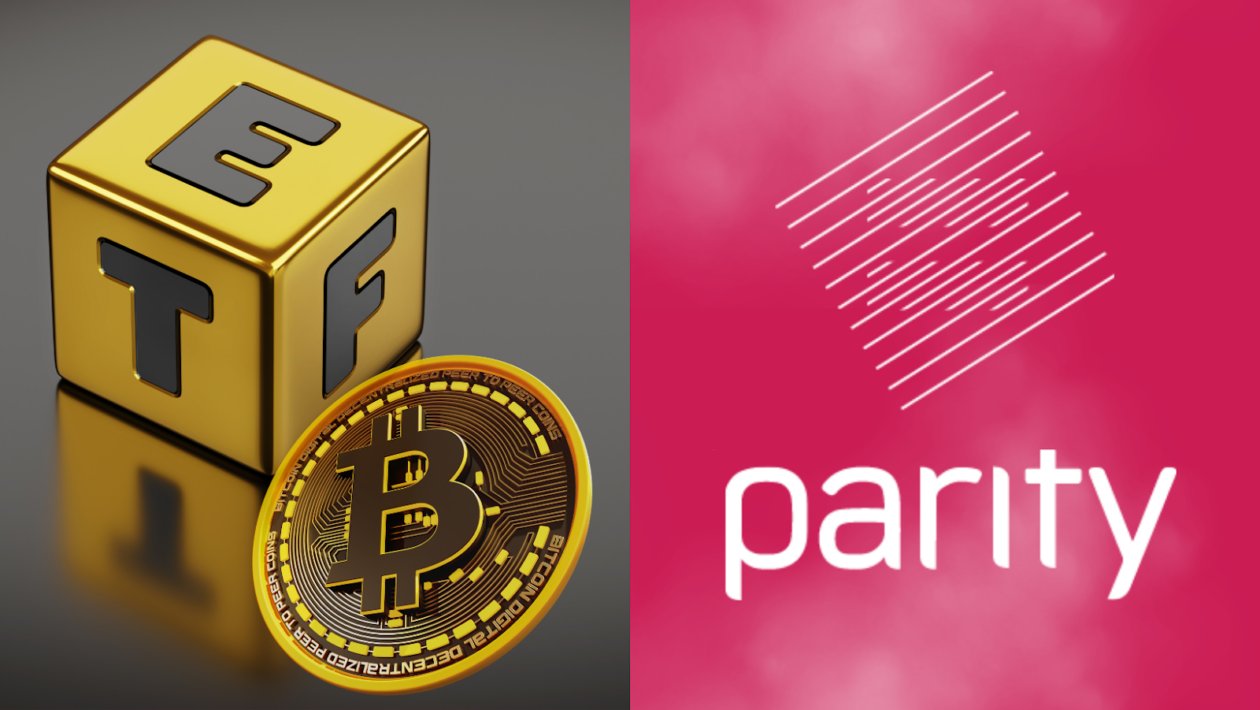copyright News and Market Evaluation: Remain Ahead with the Latest Insights
copyright News and Market Evaluation: Remain Ahead with the Latest Insights
Blog Article
Discovering the Effect of Governing Changes and Technological Developments on Today's Digital Currencies Headlines
The intersection of regulatory changes and technical technologies is essentially altering the landscape of electronic currencies, triggering a re-evaluation of their duty in the global economy. Regulatory bodies, such as the SEC and CFTC, are proactively affecting just how electronic possessions are categorized, while new technologies are improving deal performances and safety measures. This dual development elevates critical questions about the implications for market characteristics and financier self-confidence. As we explore these advancements, the concern stays: how will these variables shape the future trajectory of digital currencies in a significantly interconnected globe?
Current Regulatory Landscape
In the wake of rapid innovations in digital money, the current governing landscape is advancing to address the intricacies and obstacles positioned by these developments. Governments and regulative bodies globally are grappling with just how to effectively oversee this growing market, which often transcends nationwide borders.
Secret regulatory approaches consist of the facility of frameworks that define electronic currencies, guaranteeing consumer security and protecting against illegal tasks such as money laundering and fraud. In the USA, firms like the Stocks and Exchange Commission (SEC) and the Asset Futures Trading Payment (CFTC) are actively participating in conversations to make clear the category of numerous electronic assets and their governing effects.
In A Similar Way, the European Union is progressing its Markets in copyright-Assets (MiCA) policy, which intends to produce a natural governing setting across participant states. Nations like China have selected stricter steps, consisting of outright restrictions on specific copyright activities.
As this governing landscape continues to create, it will certainly be important for stakeholders, including services and consumers, to remain informed and adjust to the changing atmosphere to mitigate dangers while taking advantage of opportunities within the electronic currency ball.
Trick Technological Innovations
Various technical advancements are improving the landscape of digital money, considerably boosting their performance and safety. One of the most crucial developments is the growth of blockchain modern technology, which supplies a decentralized ledger that makes certain transparency and immutability of purchases. copyright news. This technology not just mitigates the threat of fraudulence however likewise enables for real-time purchase confirmation, fostering individual trust
Additionally, the appearance of smart agreements has transformed exactly how arrangements are implemented within digital money communities. These self-executing contracts assist in automated deals, eliminating intermediaries and decreasing expenses connected with traditional contract enforcement. Moreover, innovations in cryptographic strategies boost the safety and security of electronic pocketbooks, guarding customers' properties from possible cyber hazards.
Another notable development is the combination of artificial intelligence in purchase monitoring and fraud discovery, making it possible for platforms to identify suspicious activities promptly. The intro of Layer 2 scaling solutions, such as the Lightning Network, addresses scalability issues, permitting for faster and more affordable transactions on networks like Bitcoin.

Influence On Market Dynamics
Technological technologies in digital currencies have not only improved capability and safety and security yet have also considerably modified market dynamics. The introduction of blockchain modern technology has actually boosted openness and lowered purchase costs, bring about greater effectiveness in trading and investment. This has motivated an extra varied variety of individuals, from retail capitalists to institutional gamers, to involve with electronic currencies, consequently magnifying market liquidity.
Additionally, the introduction of decentralized financing (DeFi) platforms has disrupted conventional financial systems, offering users with alternative avenues for lending, loaning, and trading. This change has actually cultivated an affordable atmosphere where conventional banks are compelled to introduce or take the chance of obsolescence (copyright news). With the increase of stablecoins, anonymous which provide cost security in the middle of volatility, traders can now perform deals with minimized danger, additional influencing market actions
In addition, the combination of man-made knowledge and artificial intelligence in trading strategies allows for much more advanced market evaluation and anticipating modeling. Therefore, capitalists are better furnished to respond to market changes, producing a much more dynamic trading ambience. Collectively, these advancements are reshaping the landscape of electronic currencies, causing a much more interconnected, competitive, and effective market.

International Perspectives on Guideline
Governing approaches to digital currencies vary considerably around the world, usually reflecting differing economic priorities, cultural attitudes toward innovation, and levels of technological adoption. In the USA, regulative bodies such as the SEC and CFTC come to grips with defining the lawful standing of cryptocurrencies, focusing on financier protection and market integrity. On the other hand, the European Union is advancing extensive regulatory frameworks like the marketplaces in copyright-Assets (MiCA) proposition, aiming to create a unified approach that cultivates technology while ensuring customer security.
In contrast, nations like China have actually adopted an outright our website ban on cryptocurrencies, prioritizing financial control and economic stability over innovation. Conversely, countries such as El Salvador have actually accepted Bitcoin as legal tender, showcasing a bold dedication to monetary addition and economic innovation.
Developing countries typically find themselves browsing a complicated landscape, balancing the need for law with the possible benefits of digital money in driving financial development. Overall, the global regulatory environment stays fragmented, with continuous discussions and adjustments as governments seek to strike an equilibrium in between promoting advancement and mitigating threats connected with electronic currencies. This vibrant landscape underscores the requirement for ongoing worldwide collaboration and discussion among regulators.
Future Fads in Digital Currencies
As regulatory frameworks develop, the landscape of electronic money is positioned for substantial improvement. Emerging trends indicate a convergence of regulative quality and technical innovation, which will form the future of electronic money. Central Bank Digital Currencies (CBDCs) are expected to get grip as federal governments explore their potential to improve monetary policy performance and economic incorporation.
Concurrently, decentralized financing (DeFi) systems are anticipated to test traditional banking systems, providing ingenious economic solutions that run without middlemans. This change could cause a re-evaluation of existing laws to accommodate the distinct features of DeFi while ensuring consumer protection and systemic stability.
In addition, the integration of expert system and artificial intelligence in copyright trading and risk assessment will redefine investment techniques and market dynamics. As digital currencies become increasingly mainstream, issues such as cybersecurity threats and regulatory compliance will necessitate robust remedies.
Finally, public perception and fostering will certainly play an important role in determining the trajectory of electronic money. Enhanced recognition and education regarding the benefits and threats related to digital money will drive approval, ultimately affecting the regulatory landscape and market developments in the years ahead.
Conclusion

Report this page